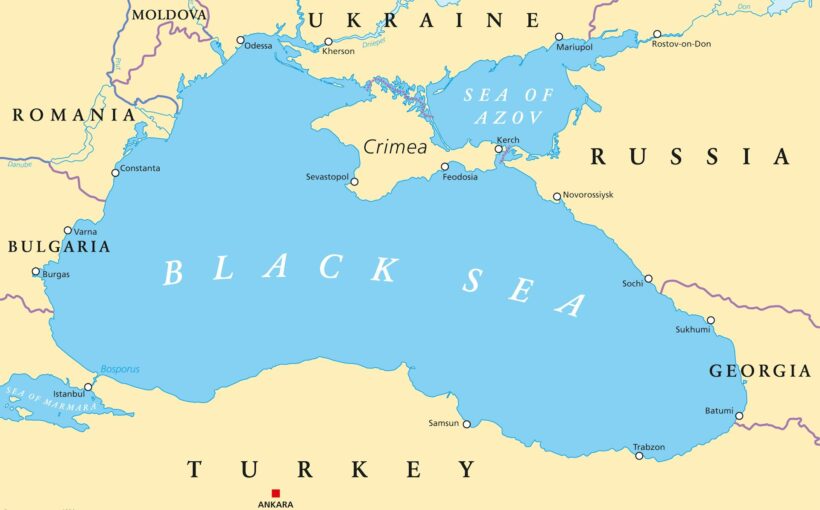While the majority of Ukrainians believe Kyiv will prevail in its war with invading Russian forces, Europeans are more skeptical, a new study by the European Council on Foreign Relations (ECFR) shows.
The survey, published on Wednesday — days out from the July 9-11 NATO summit in Washington — mapped attitudes to the conflict in Ukraine and 14 EU countries. The fieldwork was undertaken in May.
It found that Europeans tend to believe that Ukraine won’t defeat Russia on the battlefield, with roughly a third to half of those surveyed believing the war will end in a negotiated settlement, and up to 31 percent (Greece) seeing a Russian victory as most likely. Of the EU countries surveyed, only in Estonia was a Ukraine victory the prevailing view (38 percent).
On the contrary, the majority of Ukrainians (58 percent) remain confident their troops can win, and that they can continue to count on the support of their international allies. Only 1 percent of Ukrainians believe Russia will win the war, while 30 percent see a negotiated settlement as the most likely outcome.
The study also found considerable differences of opinion among EU countries on how to support the defense of Ukraine and on Kyiv’s EU and NATO accession.
NATO leaders are “unlikely to find domestic support for troop deployments” among member country populations, the findings revealed (country results ranged from 4 percent to 22 percent in favor).
On defense spending, the data showed that most countries are against increasing their contributions — the exceptions being Poland (where 53 percent support increasing defense spending), Estonia (45 percent), Sweden (41 percent) and Germany (40 percent).
However, most Europeans still support being involved in the war in other ways — such as by providing technical assistance and by increasing the supply of weapons and ammunition.
Only in Bulgaria, Greece and Italy does the majority of the population — 63 percent, 54 percent and 53 percent, respectively — think increasing the supply of ammunition and weapons to Ukraine is a “bad idea.”
Europeans are also divided on the benefits of admitting Ukraine to the EU. The most supportive countries are Portugal, Estonia, Sweden, Spain and Poland, while the most skeptical are Germany, Bulgaria, the Czech Republic and France.
Among Ukrainians, almost two-thirds (64 percent) believe that EU membership is as crucial as NATO membership to their country’s future.
Ukraine applied for membership in the bloc in February 2022 and was granted EU candidate status in June the same year. About a week ago, on June 25, the EU opened formal accession talks with both Ukraine and Moldova.


